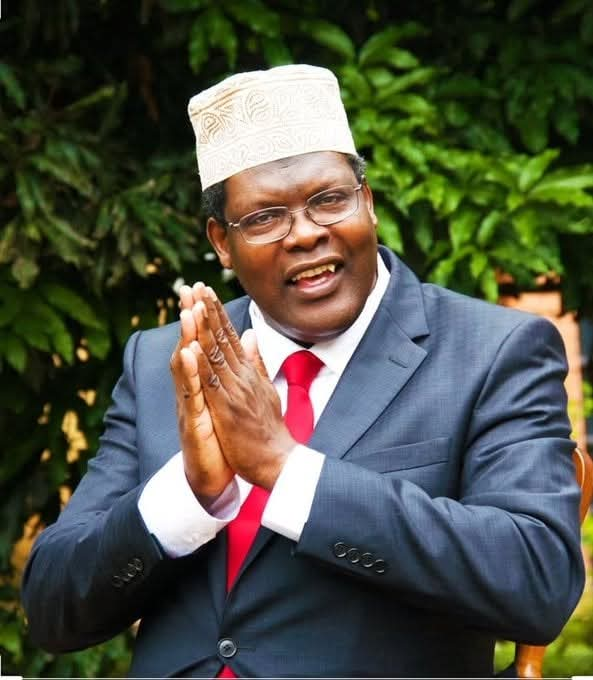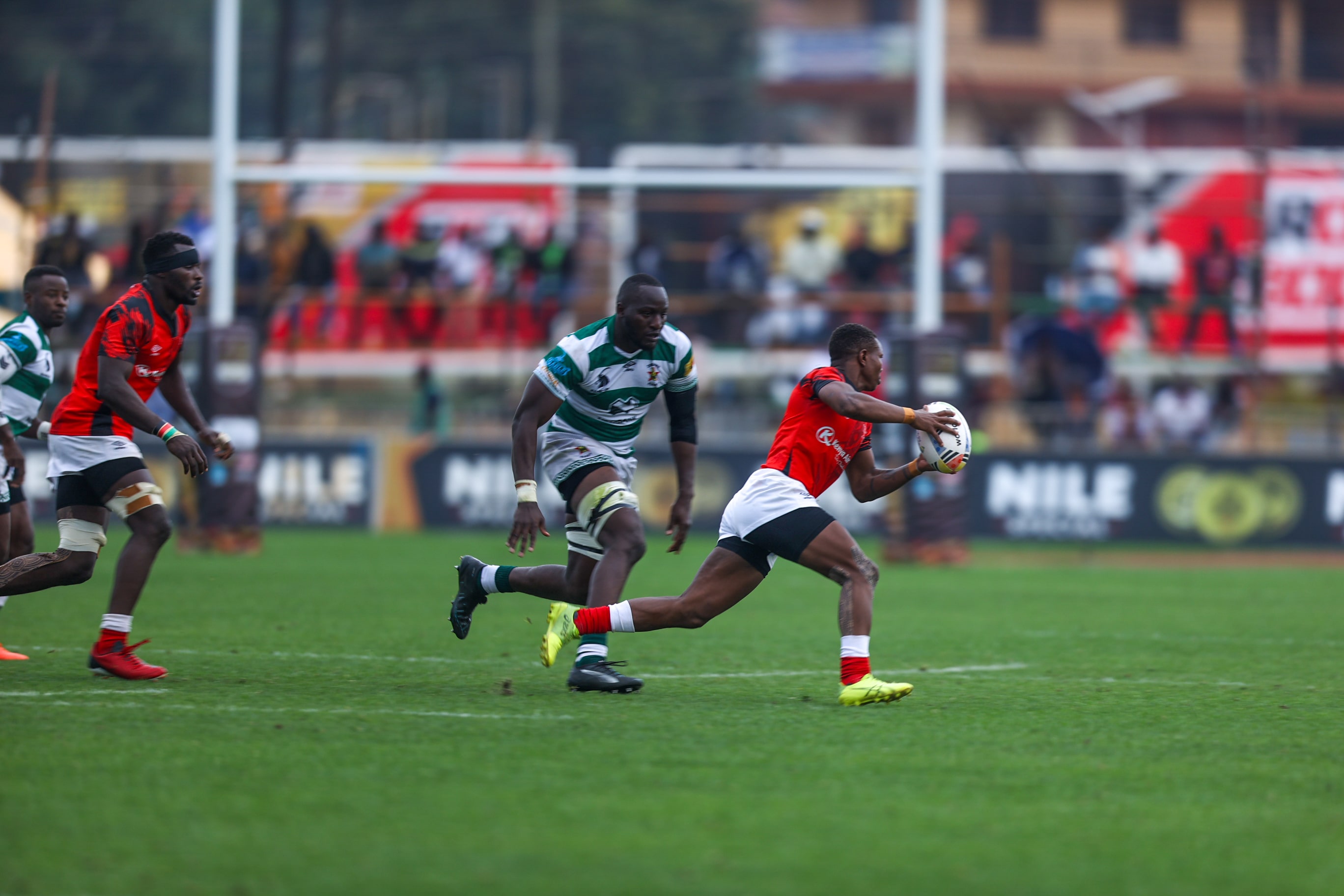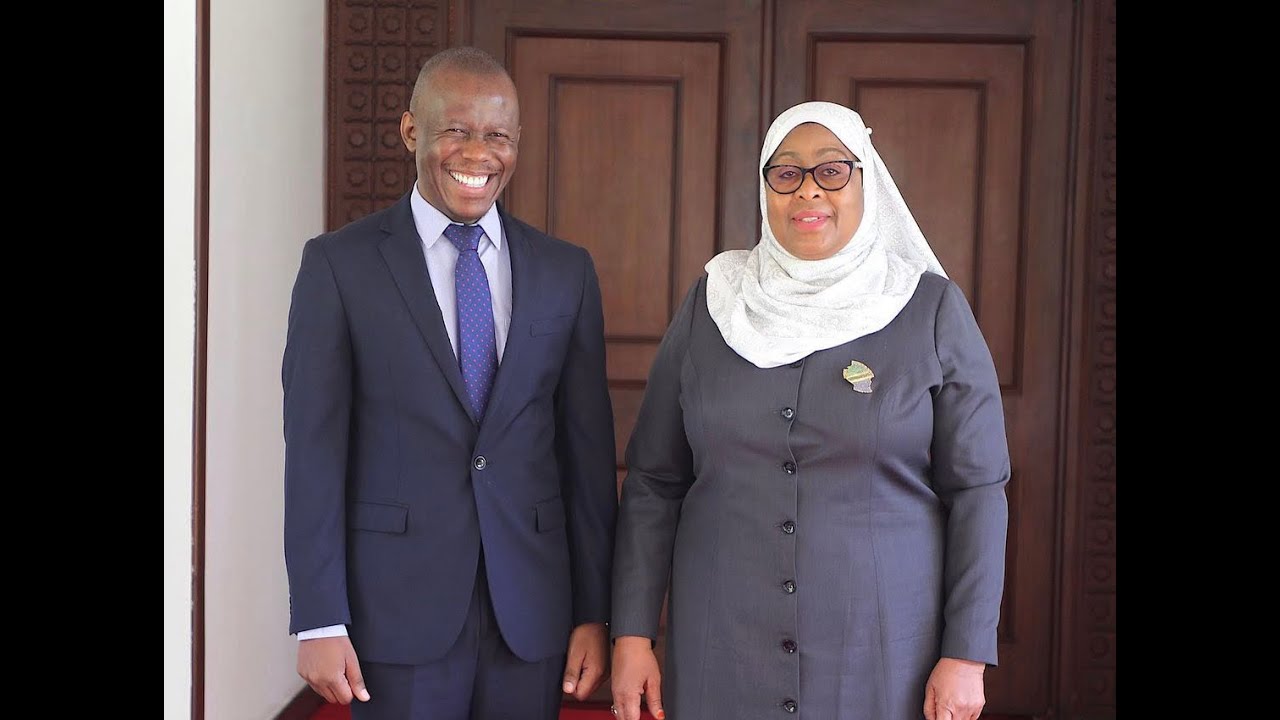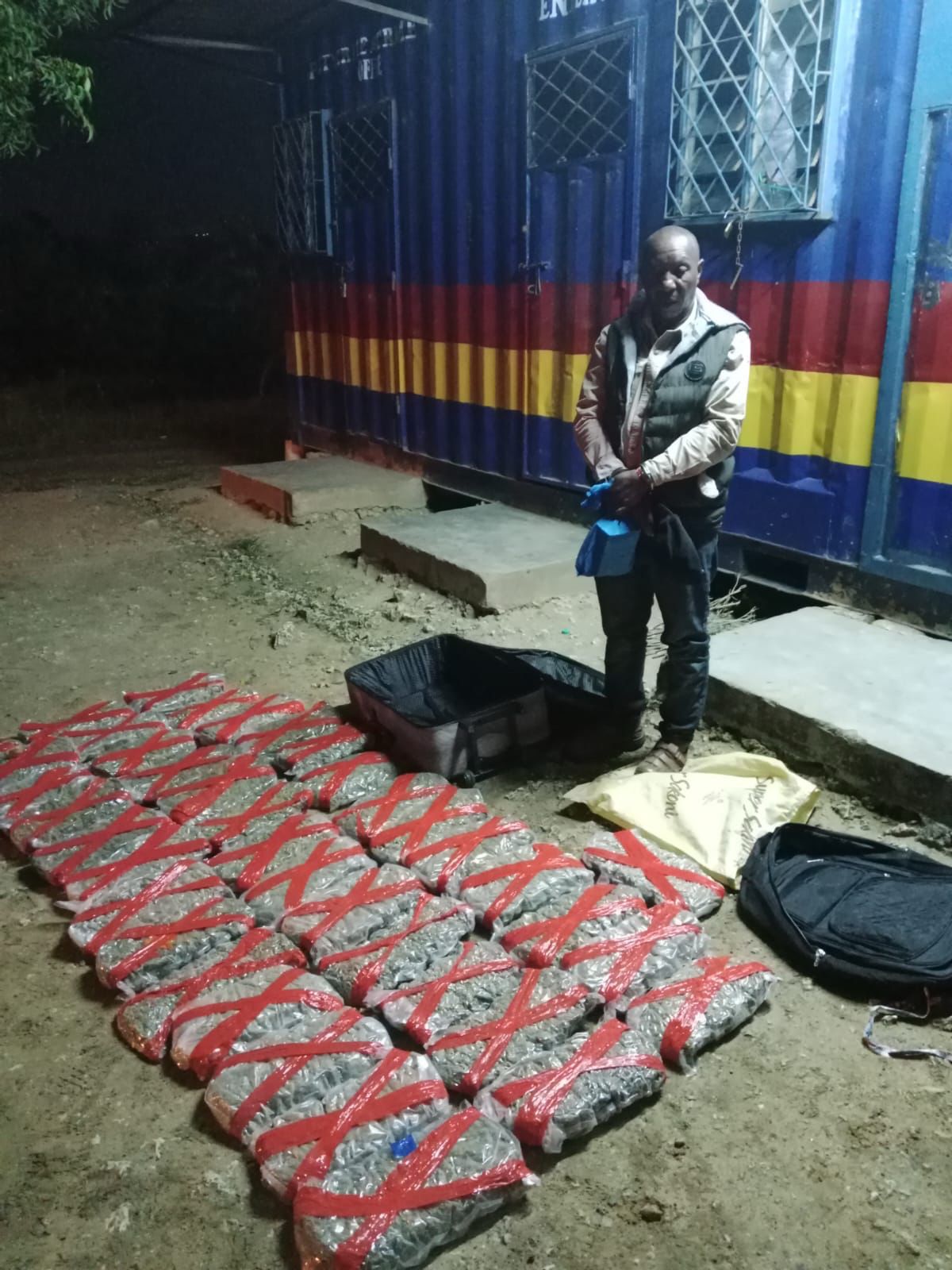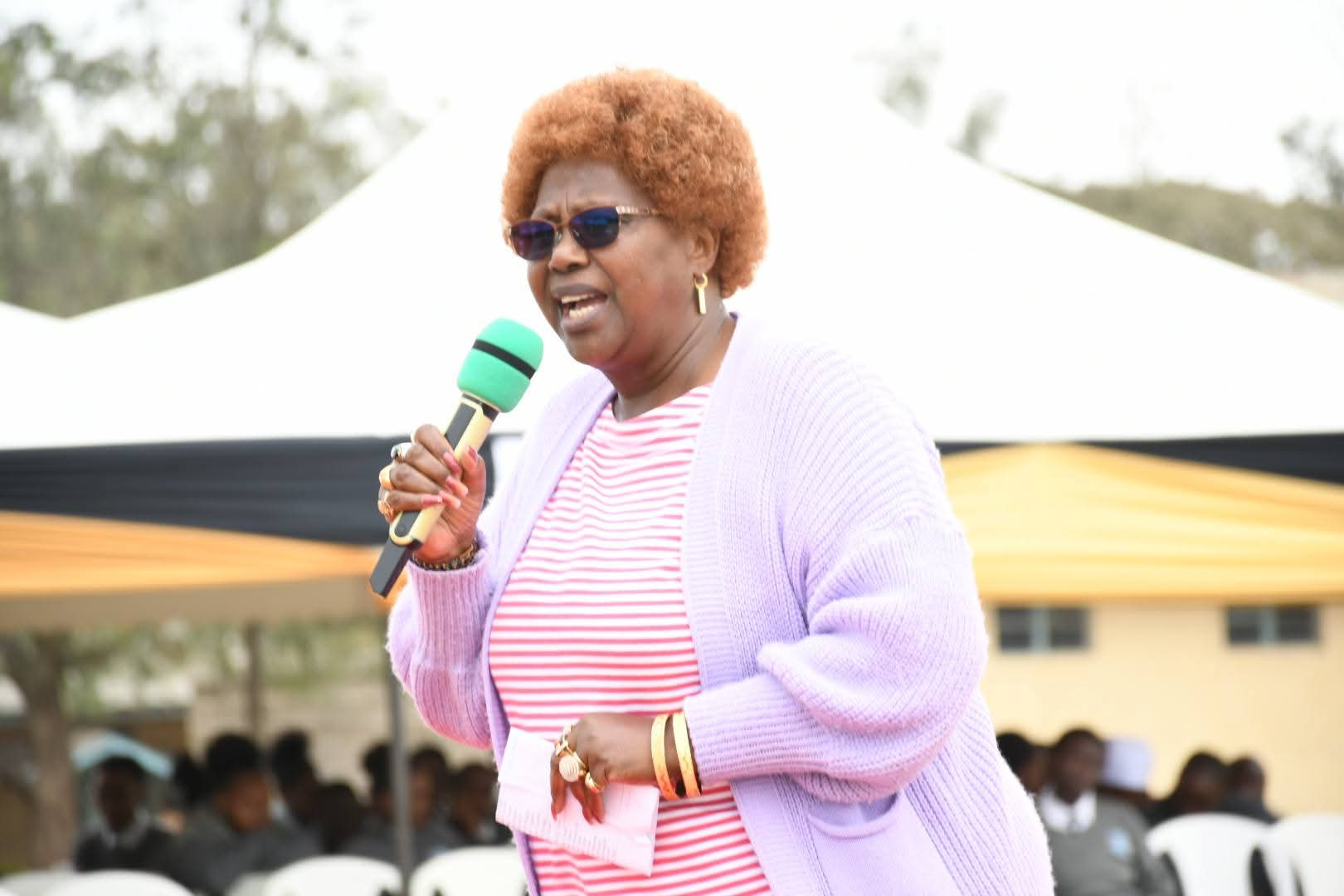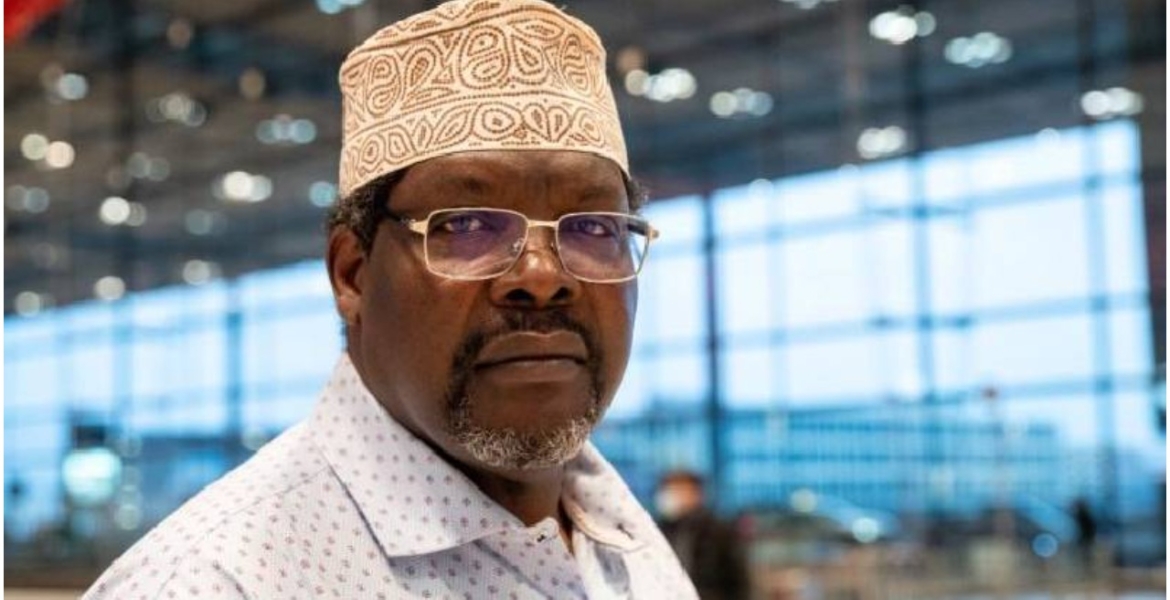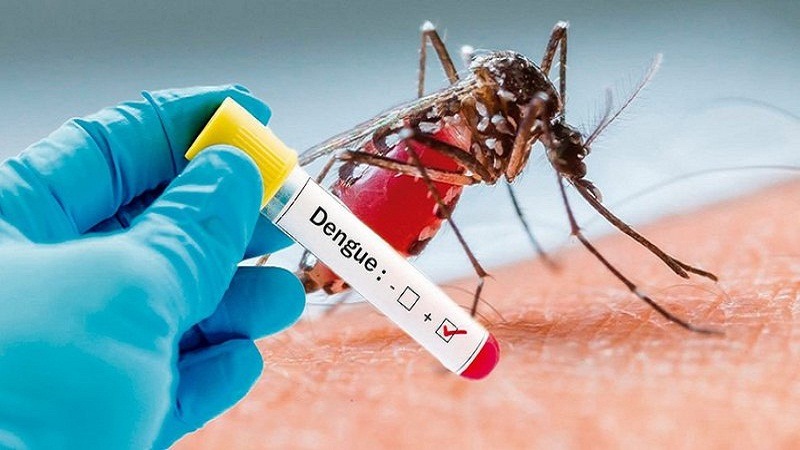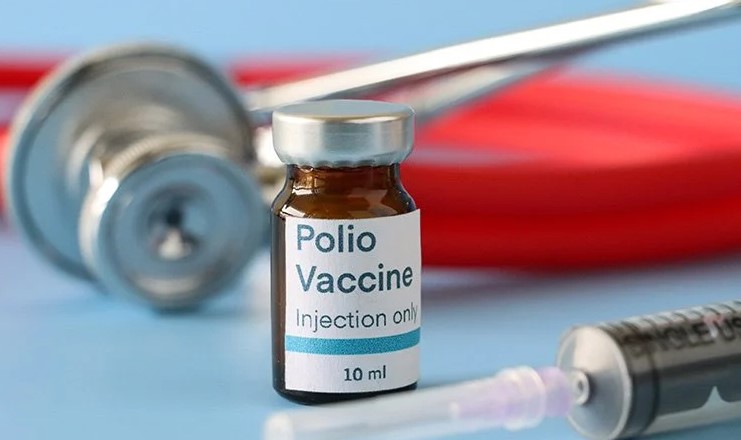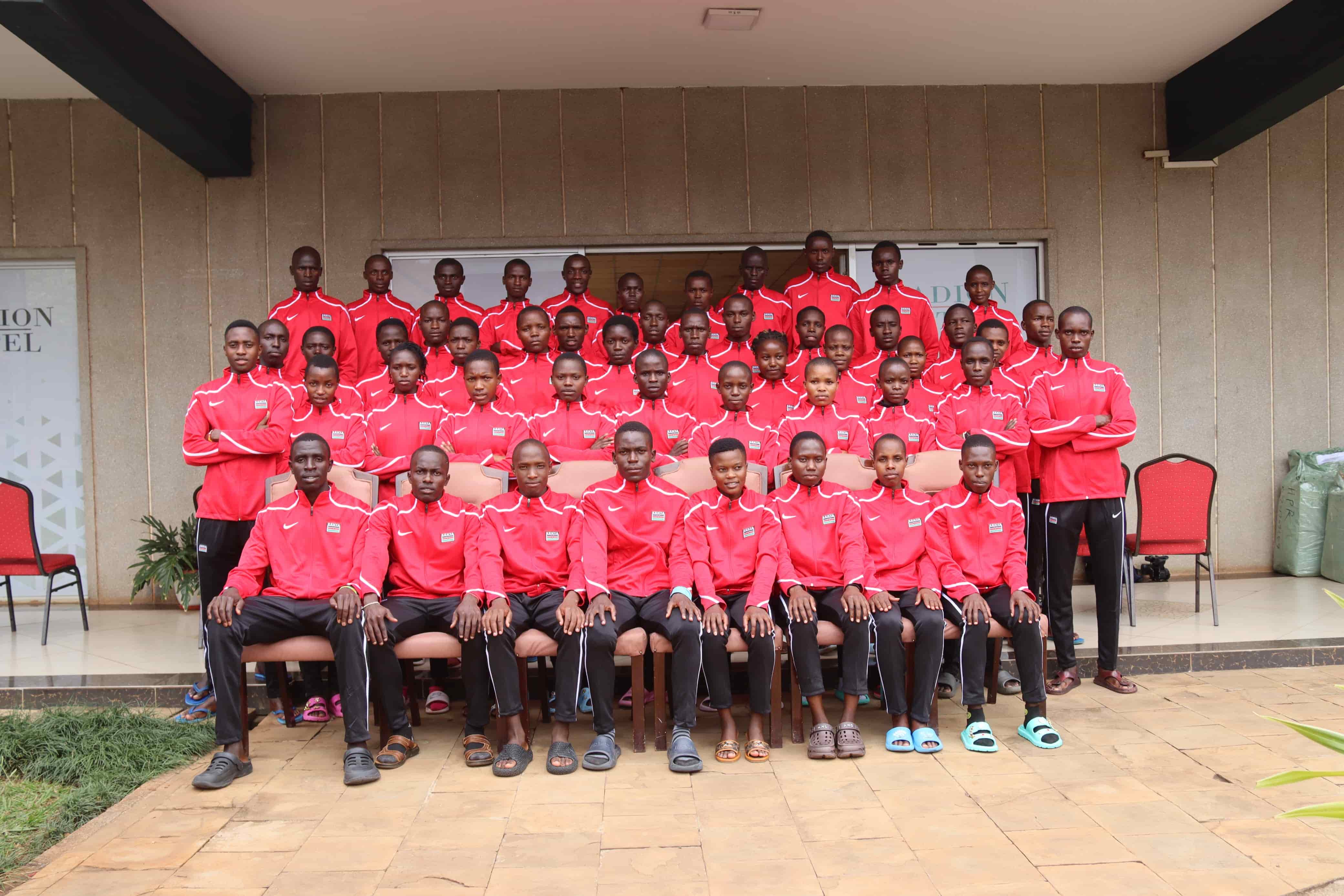No law against church donations, EACC says as it rejects public calls for oversight
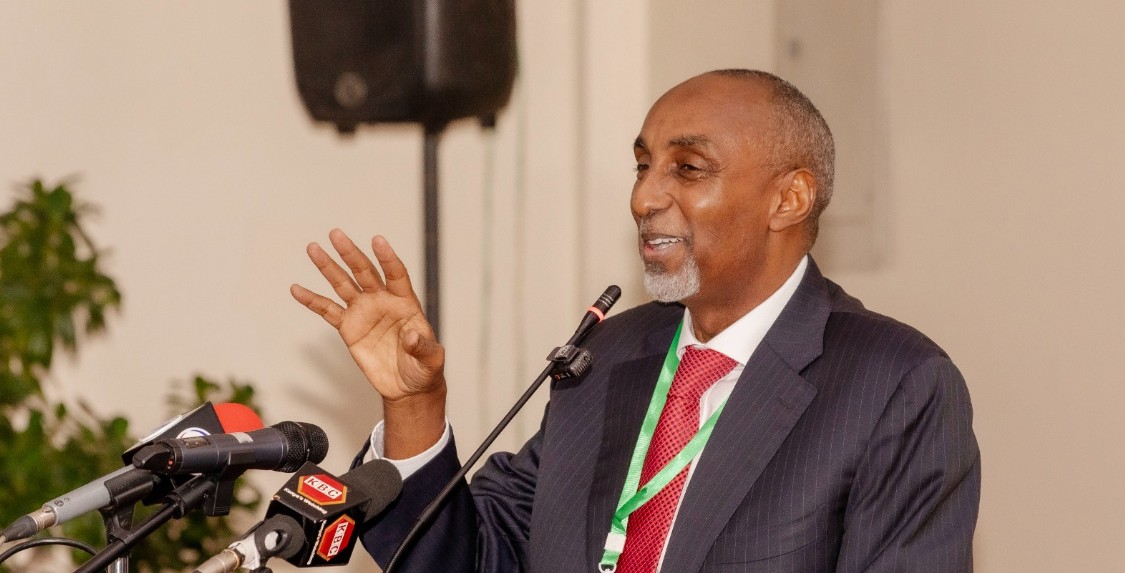
While acknowledging that such donations often raise concerns, the commission emphasised that its primary focus is on tracing and recovering assets acquired through corruption.
The Ethics and Anti-Corruption Commission (EACC) has dismissed public calls to regulate donations made in churches and social events, stating it lacks the legal mandate to monitor such contributions.
While acknowledging that such donations often raise concerns, the commission emphasised that its primary focus is on tracing and recovering assets acquired through corruption.
More To Read
- EACC granted full access to eGP system in effort to curb corruption
- Whistleblowers to get stronger protection, rewards under new bill
- AG Dorcas Oduor seeks to cut graft trial timelines to six months
- Judges’ body joins battle to block Magistrate Atambo’s prosecution by DPP, DCI and EACC
- Two senior NYS officials suspended over Sh2 billion fraud move to court
- Former PS Wilfred Kimalat in trouble as EACC seeks to recover public land he allegedly stole while in office
EACC Commissioner John Ogallo explained that, in the absence of a law prohibiting individuals from making donations at religious or social gatherings, the Commission has no authority to take action in these cases.
“There is no specific law that prohibits people from making donations in churches and other functions. The commission cannot have anything to do to prevent that from happening. However, what the commission has done is that we focus a lot on tracing assets that have been corruptly acquired,” Ogallo said while speaking during the 9th edition of the African Anti-Corruption Day at the Kenyatta International Convention Centre (KICC).
Lifestyle audits
He said the EACC’s current system is geared towards monitoring public officers through surveillance and lifestyle audits in order to flag any unexplained wealth, which then triggers recovery processes.
“We do surveillance, we do lifestyle audits, mainly on public officials, to identify any unexplained wealth and also put in place mechanisms to recover corruptly acquired assets. And here is one area where the commission actually has been very successful,” Ogallo said.
EACC Chief Executive Officer Abdi Mohamud described corruption as “a crime against humanity” due to its far-reaching impacts on governance, service delivery and public confidence in institutions.
“Corruption continues to stifle the economy, deny citizens access to basic rights such as healthcare, safe environments, and essential government services. But most critically, it undermines human dignity,” Abdi said.
Recovered assets
He revealed that over the past six years, the commission has recovered assets worth approximately Sh28 billion, prevented potential losses of Sh42 billion, and is pursuing the recovery of an additional Sh50 billion suspected to have been acquired illegally.
“The recovered assets are being repurposed to restore public welfare and uphold human dignity,” Abdi said, citing a specific case where a 60-acre piece of land that was illegally acquired was reclaimed and is now being used to develop affordable and dignified housing for residents of informal settlements.
EACC Chairperson David Oginde highlighted the link between anti-corruption measures and equitable national development, emphasising that safeguarding public resources has a direct impact on citizens’ quality of life.
“We aim to protect resources that will, in turn, ensure that every child has the opportunity to reach their full potential, that every family has access to basic necessities, and that every citizen is treated with fairness and respect,” Oginde said.
Enforcement, public’s attitude
Commissioner Ogallo decried the culture of defending individuals accused of corruption, noting that many Kenyans still rally behind those who loot public funds. He said while Kenya has the legal frameworks needed to combat graft, the real challenge lies in enforcement and the public’s attitude.
“Going by some of the reactions we have seen, where members of the public come to the defence of individuals accused of corruption, it’s clear that we are not yet where we should be,” Ogallo said.
He added that the anti-corruption fight cannot be left to EACC alone, urging the public to stop glorifying or protecting corrupt individuals.
“Even though the EACC is the lead agency in the fight, the commission cannot win this war alone. We need all hands on deck. Let us not celebrate people who are corrupt, because they lower your dignity,” he said.
The commission also dismissed accusations that it only goes after low-level suspects, insisting that its investigations target individuals at all levels, including high-profile figures.
“The idea that only low-level officials are targeted is inaccurate. If you follow our reports, you will see that we have taken high-profile individuals to court. The challenge is that such people often have the resources to fight back, including hiring top lawyers to challenge prosecutions,” EACC said in a statement.
EACC also highlighted the role of whistleblowers in exposing corruption and assured the public that it does everything possible to protect informants.
Ogallo encouraged Kenyans to report cases anonymously or through secure communication channels.
“The witness protection law has already been discussed, and the Bill is now before Parliament. Until it becomes law, there’s little the commission can do to enforce it. We encourage people to report cases anonymously, and even when reports come in person or by email, we do our best to protect our sources. But sometimes, despite all efforts, these individuals still get found out,” he said.
Top Stories Today
